Schedule a tour
Want to explore the Phoenix Bioscience Core? Sign up to take a campus tour of the facility today! We offer campus tours monthly.
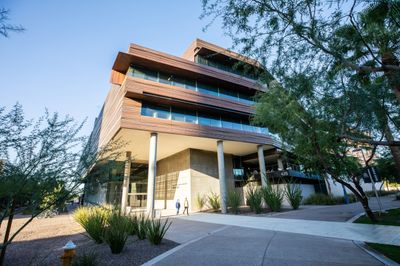
At the Phoenix Bioscience Core (PBC), you can further your medical profession by pursuing an advanced healthcare degree at this state-of-the-art facility in the heart of downtown Phoenix, Arizona.
The PBC is an interdisciplinary facility where students in all medical fields train side-by-side in healthcare programs. Northern Arizona University invested in the PBC in order to:
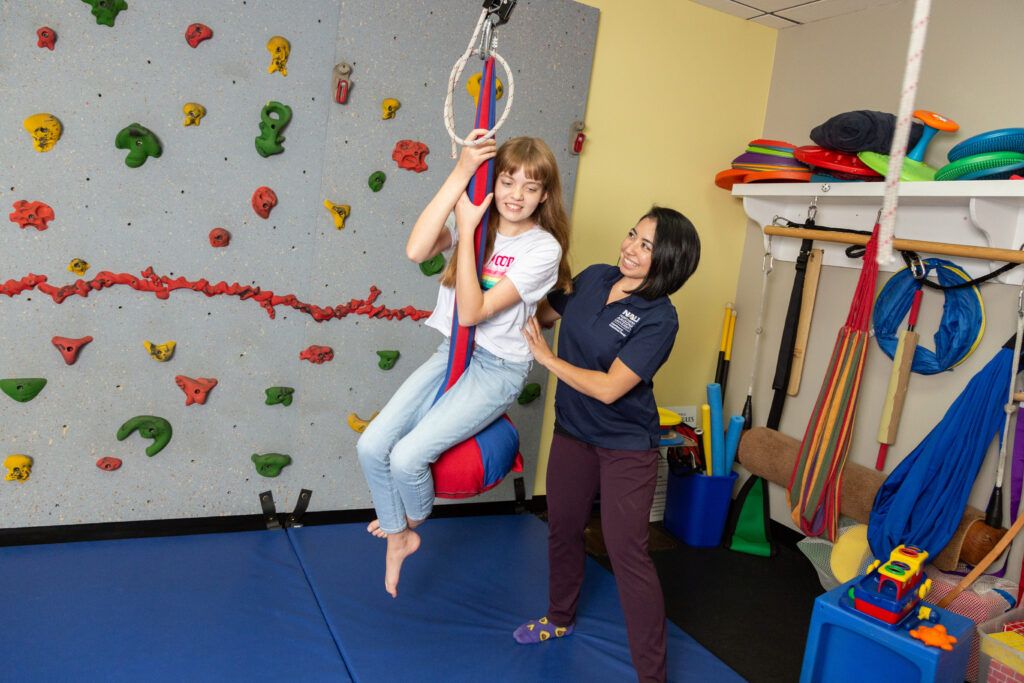
NAU recognizes that it has a responsibility to address the public need for healthcare. Physical therapists, physician assistants, and other healthcare professionals are in high demand, but there is a critical labor shortage. As a result, NAU and the University of Arizona ultimately worked together for much of the past decade to leverage the PBC in service of the citizens of Arizona, while also contributing to global health efforts.
The goal is to develop collaborative healthcare and science programs that mimic real-world practice in hospitals, clinics, and labs.
In 2010, the Arizona Board of Regents approved construction of the $136 million Health Sciences Education Building (HSEB) at the PBC. This provided Northern Arizona University the opportunity to expand its allied health programs.
The PBC provides great opportunities for NAU students earning degrees in healthcare professions to work with leading researchers, doctors, and faculty in a rapidly growing city where change and innovation is constant.
NAU students have the opportunity to work with students from the University of Arizona, and this integrative approach will produce a collaborative environment that promotes professional growth and cutting-edge research.
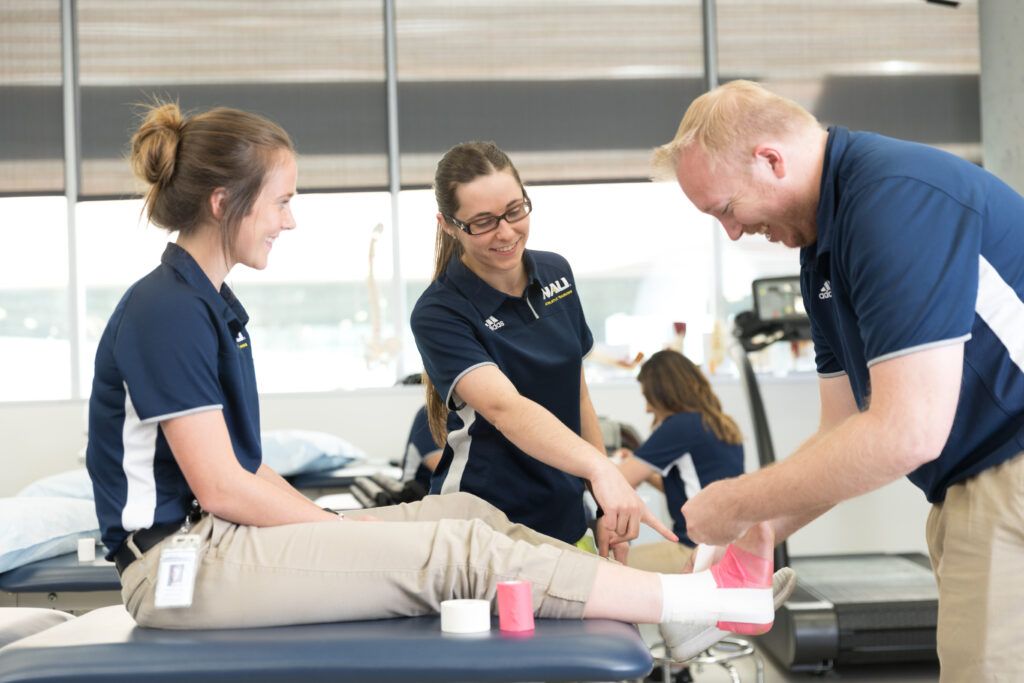
Located in Phoenix, Arizona, the PBC provides students with access to conduct research and clinical rotations in nearby top-tier facilities, including:
30 acres located in downtown Phoenix, Arizona
6 million square feet of research, academic, and clinical facilities for medical students
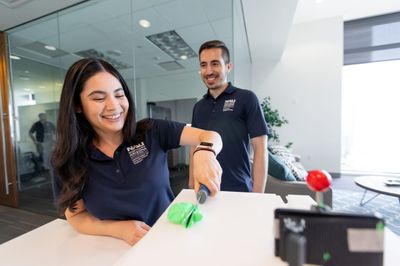
Want to explore the Phoenix Bioscience Core? Sign up to take a campus tour of the facility today! We offer campus tours monthly.
"It was refreshing to walk onto the Phoenix Bioscience Core and see such cutting-edge technology. The library! The classrooms! The laboratory spaces! I could feel the drive and the passion of the occupational therapy class. I knew right then and there that NAU was the place for me."

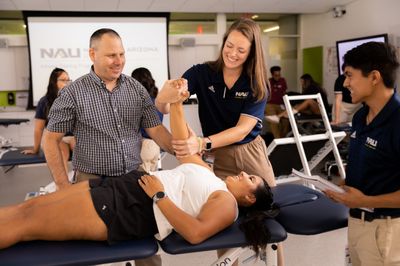
In the Athletic Training program, you'll further your career as a healthcare professional preventing, evaluating, diagnosing, treating, and rehabilitating injuries and illnesses associated with physical activity.
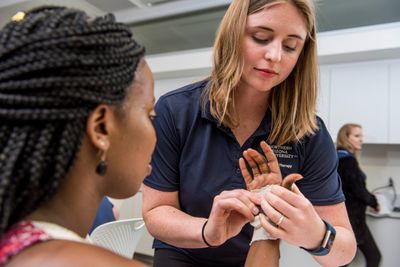
Our degree program prepares students to work with a variety of conditions across the lifespan, with the goal of advancing the profession and improving community health and wellbeing.
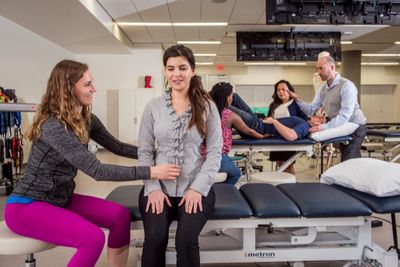
Our accredited physical therapy program creates transformational educational experiences, empowering graduates to provide person-centered to their patients.
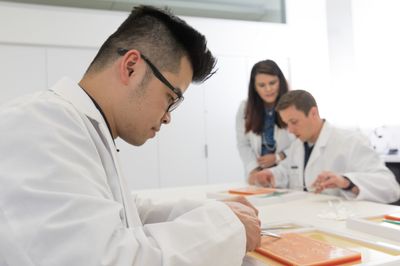
Our Physician Assistant Studies department prepares current and future physician assistants to provide affordable and accessible care for Arizona communities.

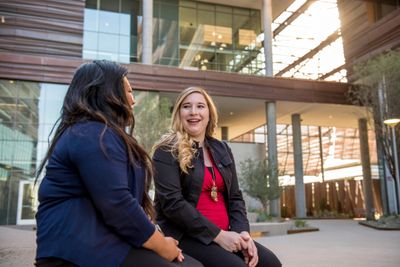
Are you passionate about furthering your career with an advanced an advanced degree in healthcare? Apply to one of the Phoenix Bioscience Core healthcare degree programs today!